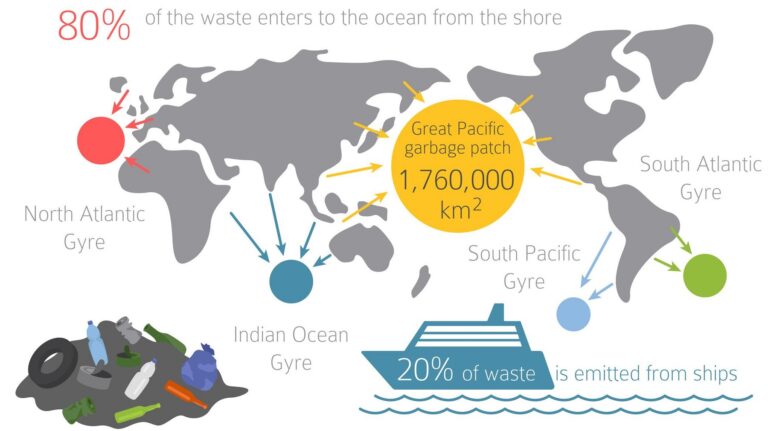
With the environment in the spotlight today to mark World Ocean Day, digital technology is increasingly being seen as a key enabler of environmental protection.
Off the coast of Mauritius, The International Union for Conservation of Nature (IUCN), Huawei, and Ecomode Society deployed the first underwater system in the Western Indian Ocean that can monitor coral reef ecosystems in real time.
The aim of the project is to restore highly threatened coral reef ecosystems by growing live coral in nurseries, transplanting them, and monitoring growth, water conditions, and threats like algae. The solution comprises underwater cameras with special lenses, sensors, a 4G network to carry data, and AI to interpret the findings. To date, nearly 10,000 coral fragments have been transplanted to degraded reefs, with a total of 25,000 planned for the end of 2022.
“The IUCN-Huawei partnership Tech4Nature project is a good example of an innovative project between the conservation and ICT sectors to realise the transformative potential of the appropriate use of digital technology for area-based nature conservation impact.” said Stewart Maginnis, Deputy Director General – Programme, IUCN.
IUCN positions the combination of “Technology, Data, and Innovation” as central to achieving the ambitious goals of the IUCN Nature 2030 Programme.
The organisation also believes that innovations in data sensing, big data, machine learning, and AI can significantly improve knowledge and insights into impact areas such as land, water, oceans, and climate. In turn, this will help stakeholders design better informed conservation actions and monitoring systems for species and ecosystems.
Also at the summit, experts and conservationists from the environmental and science sectors, including Ecomode Society, WWF Italy, Berlevåg jeger og fiskeforening, Shan Shui Nature Conservation Center, and Huawei Digital Energy Product Line, shared their insights and global practices on climate change and the conservation of natural resources.
IUCN and Huawei recently hosted the Tech for a Better Planet online summit to demonstrate how technology can vastly improve nature conservation outcomes.